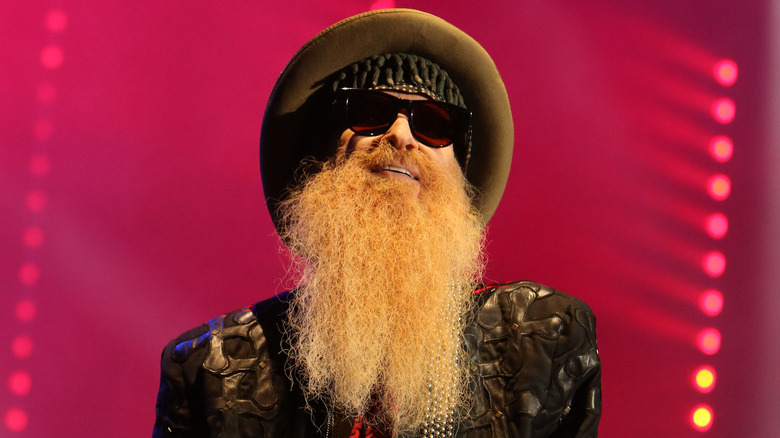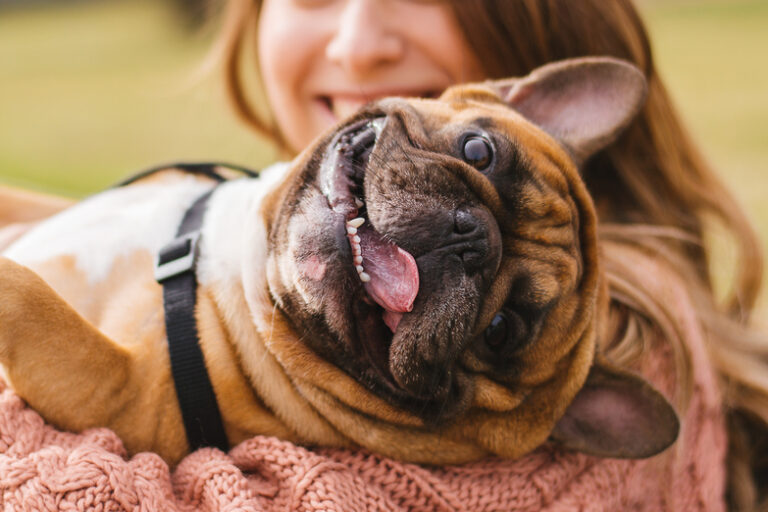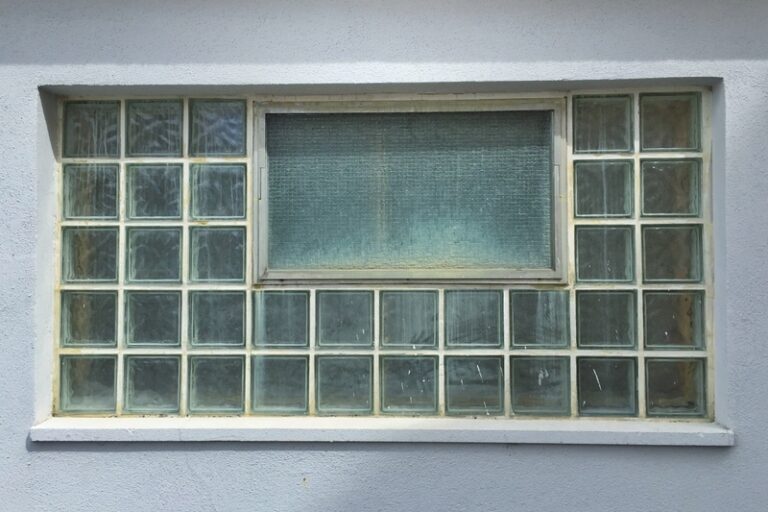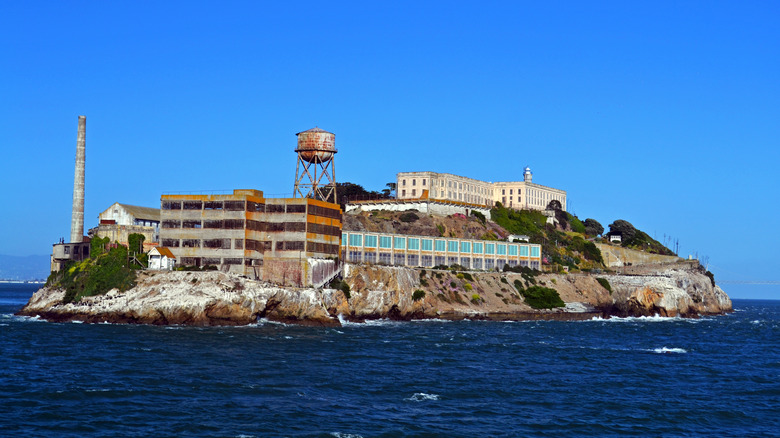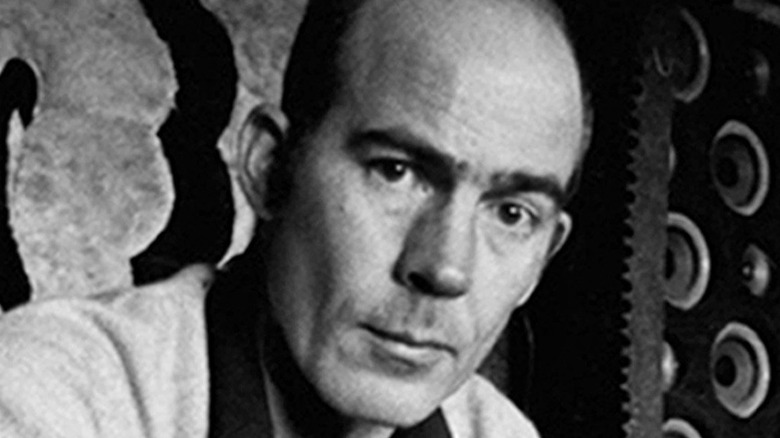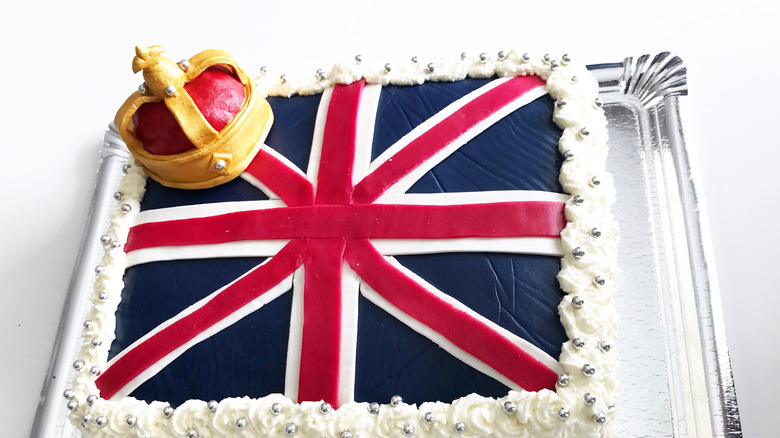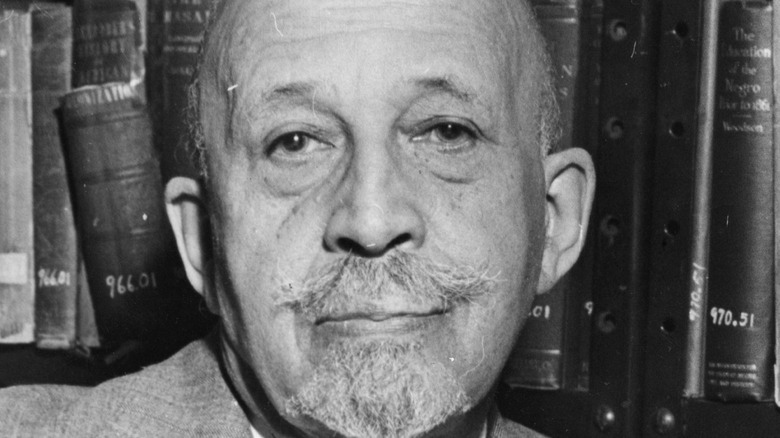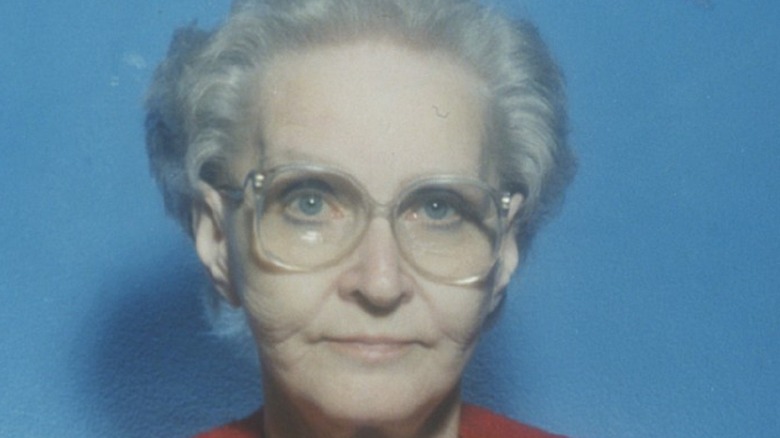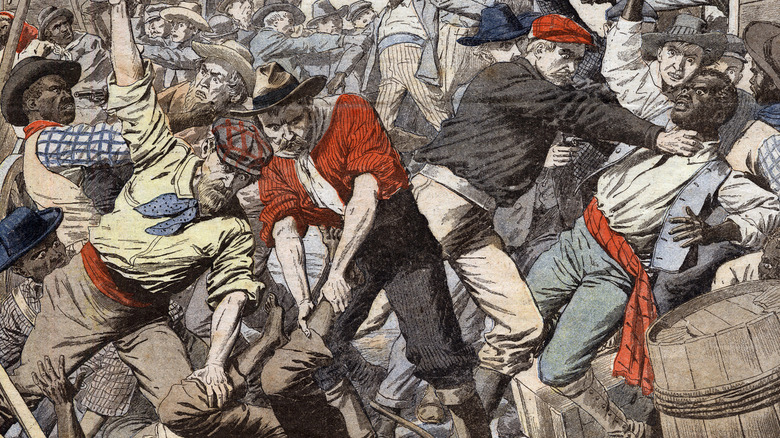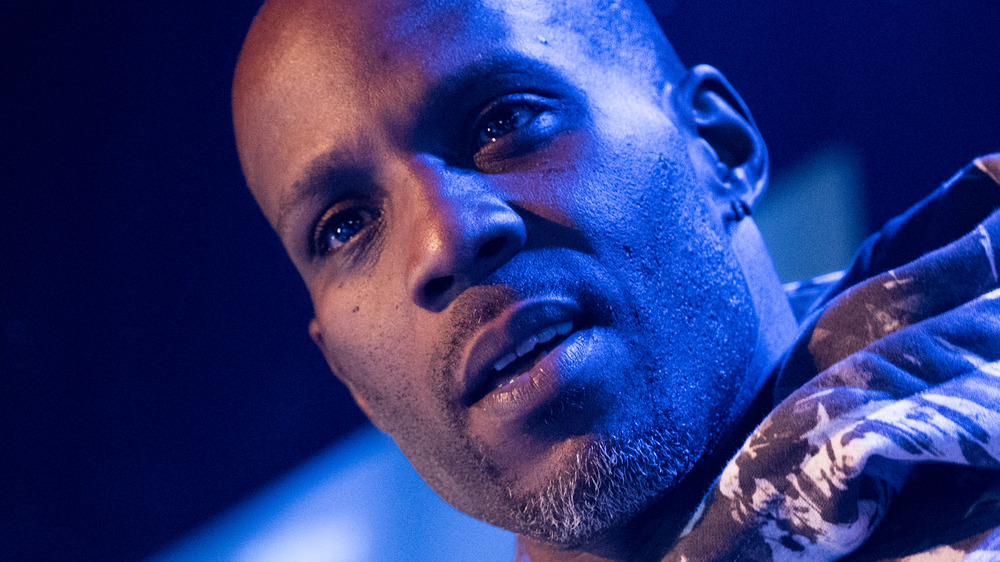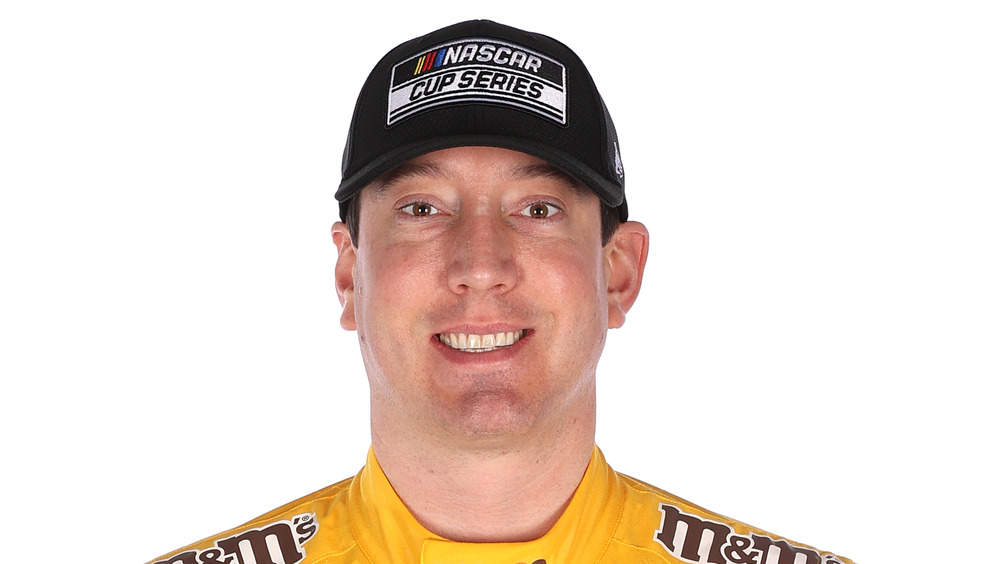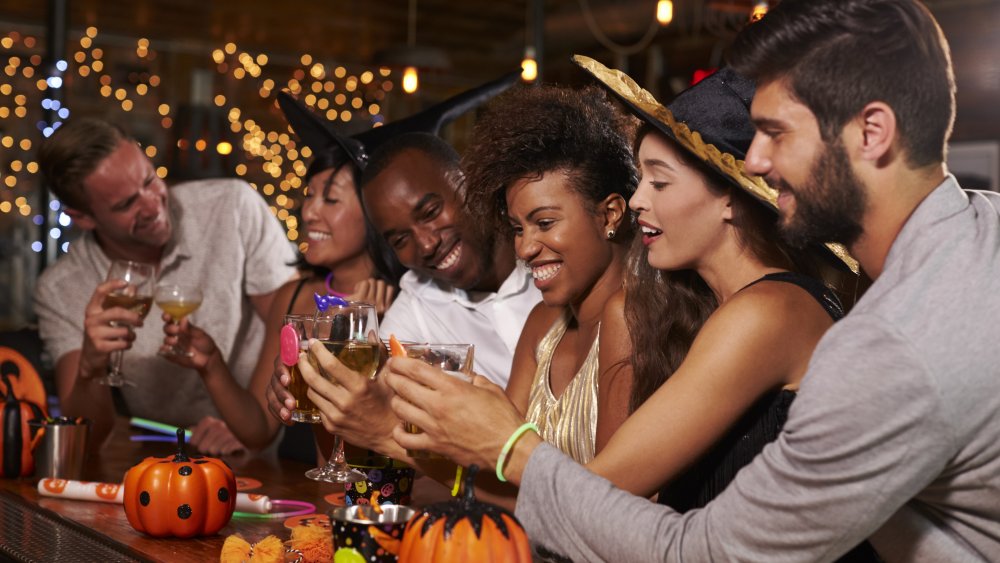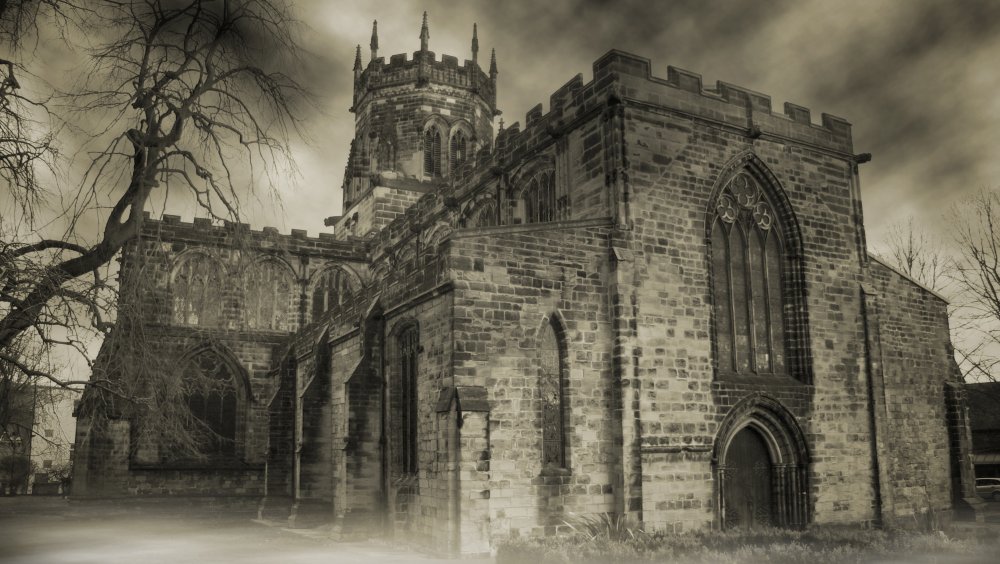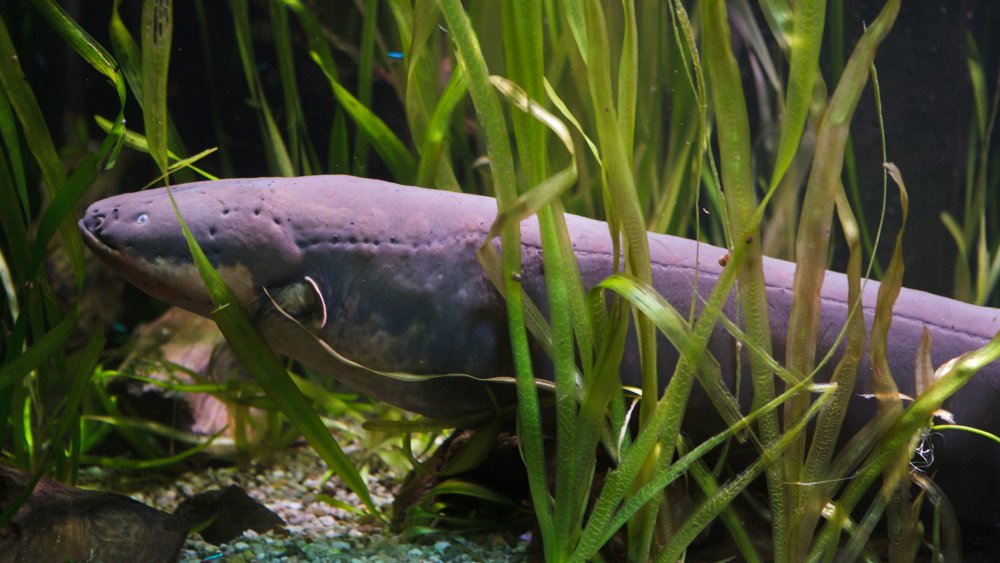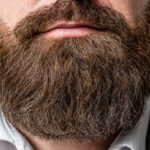
Pogonophobia: The Truth About The Fear Of Beards
Pogonophobia is described as the “the irrational, persistent and often unwarranted fear of beards,” per the website Fear Of. (Some definitions throw in “extreme dislike of” as well, as at Macmillan Dictionary Blog.) It’s one of hundreds of possible phobias that even include a fear of phobias, called phobophobia, according to Healthline.
Harvard Health reports a phobia is an anxiety disorder that causes a person to have a “persistent, excessive, unrealistic fear.” Naturally, if a person is afraid of something they try to avoid it, so with the upswing in the popularity of beards over the last couple of years, times must be rough for people with pogonophobia. (Pogon is the Greek word for beard.)
What exactly makes a person develop a phobia is not fully understood, but Mayo Clinic reports that the three main causes are negative experiences related to a situation or thing, environment, and genetics — sometimes these things can run in a family — and finally, sometimes people’s brain function changes, causing them to develop phobias.
In the case of pogonophobia, one theory posited by Trance Form Psychology is that those afflicted perceive people with beards as hiding something, and therefore they seem to pose some kind of threat. Fear Of says that most people who have pogonophobia are women.
Some scientists think beards evolved to prove dominance
According to Fear Of, pogonophobia can be caused by a negative or traumatic experience involving a man with a beard. That even includes the 9/11 attacks in the U.S., in which the attackers were “a bearded group of religious fanatics.”
Fear Of also says beards can be associated with being unclean — being homeless, sick, or dealing with hard times, negative life situations in which shaving could go by the wayside. Stereotypes about bearded men include them perceived as not being trustworthy, per Fear Of.
Psychology Today says that a lot of evolutionary theorists think that men evolved to grow beards as a function of trying to prove their “dominance, masculinity, and aggression.” To illustrate, they reported on an experiment done in Australia in which researchers showed hundreds of volunteers photos of bearded men looking happy or angry, and later looking sad. Then they compared those reactions to the same men making the same faces while clean-shaven. Turns out, bearded dudes making angry faces looked angrier than non-bearded dudes making angry faces, according to the results of the polls, and it’s likely most of them didn’t even have pogonophobia.
Still, the results of that poll though showed that perceptions of beards aren’t all bad. While most people thought men with beards looked more threatening when they were angry, they also said they looked friendlier and “more helpful” than the clean-shaven guys when they smiled or looked happy, according to Psychology Today.

How The Taj Mahal Was Nearly Destroyed

The Real Reason Leonardo Da Vinci Disappeared For Two Years
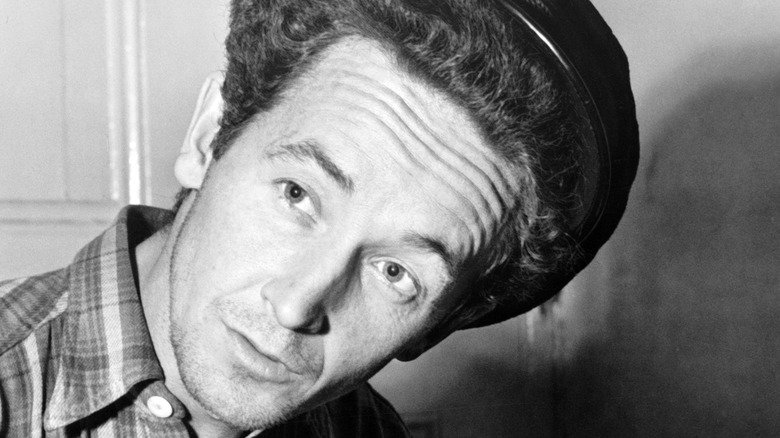
Why The FBI Kept Files On Woody Guthrie
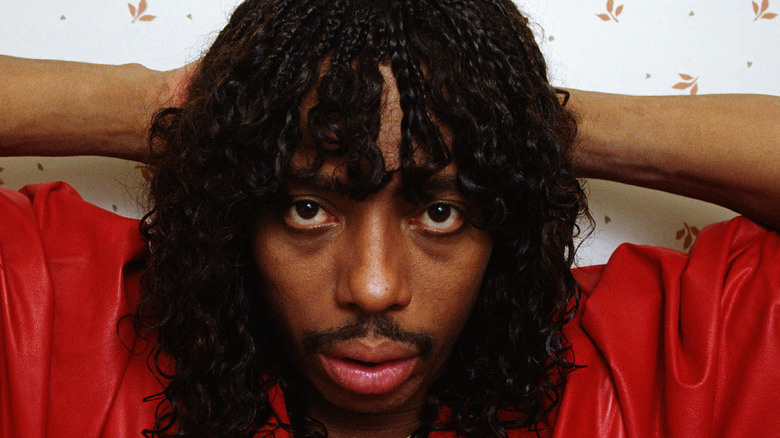
How Rick James Was Almost Murdered By The Manson Family
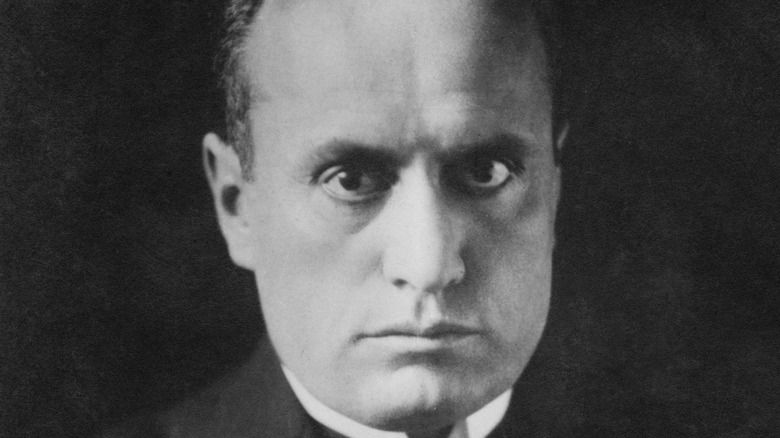
Here's What Benito Mussolini Would've Looked Like In Color
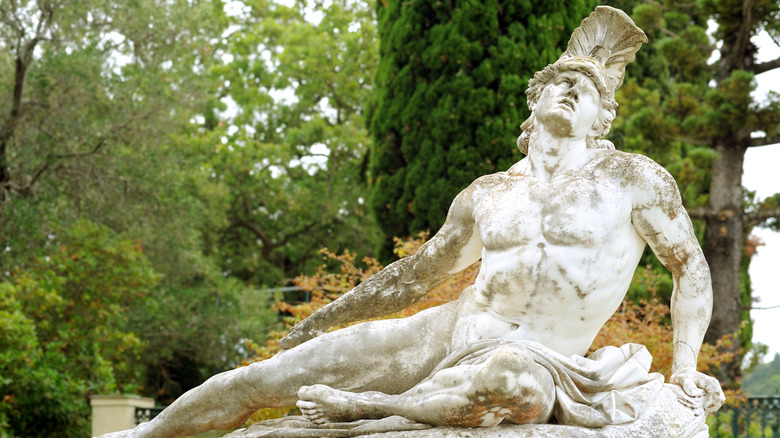
The Mythology Of Achilles Explained
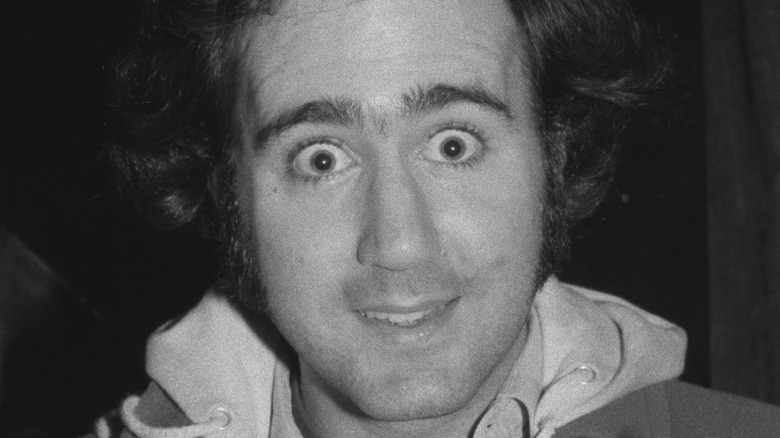
This Was Andy Kaufman's Net Worth When He Died
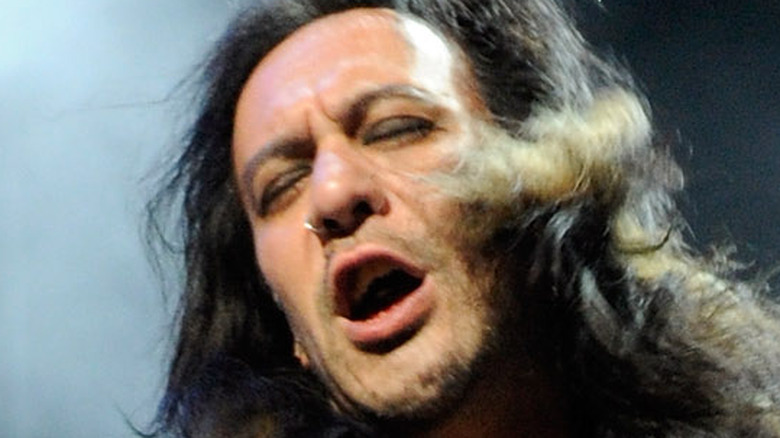
What Was Jeff LaBar's Net Worth When He Died?
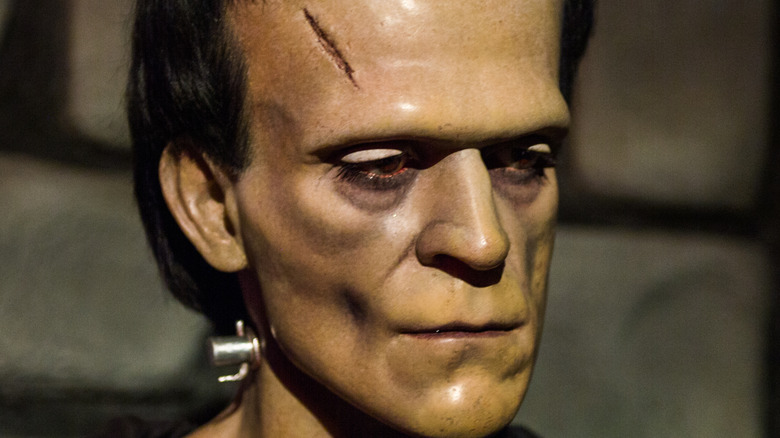
Great Successes That Were Originally Done On A Dare
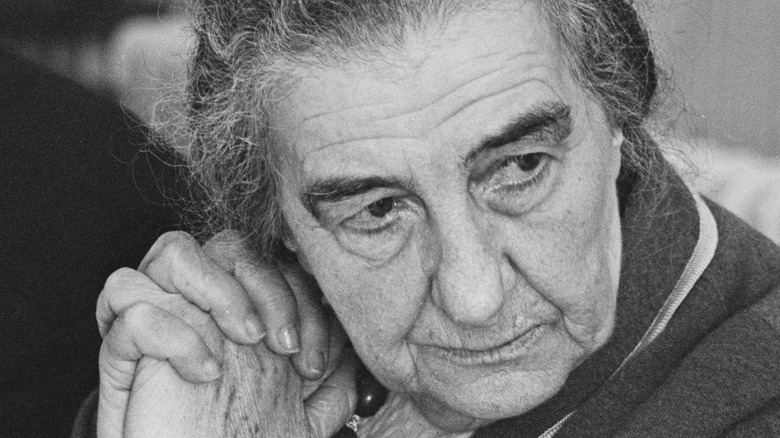
The Untold Truth Of Golda Meir
